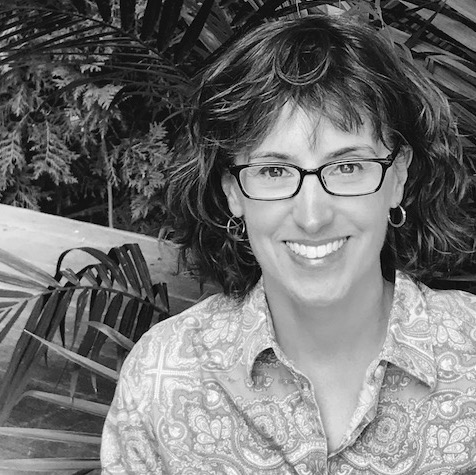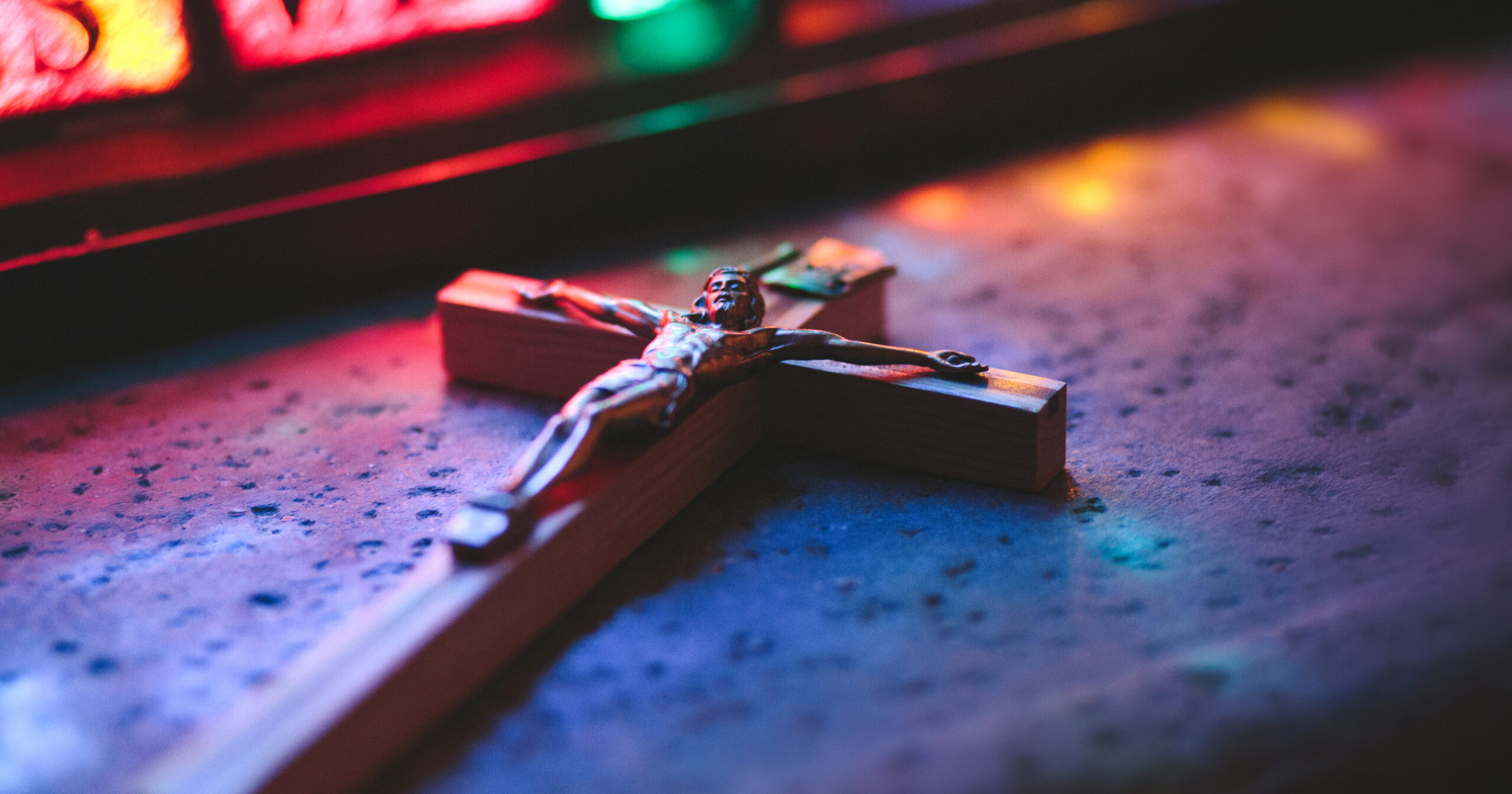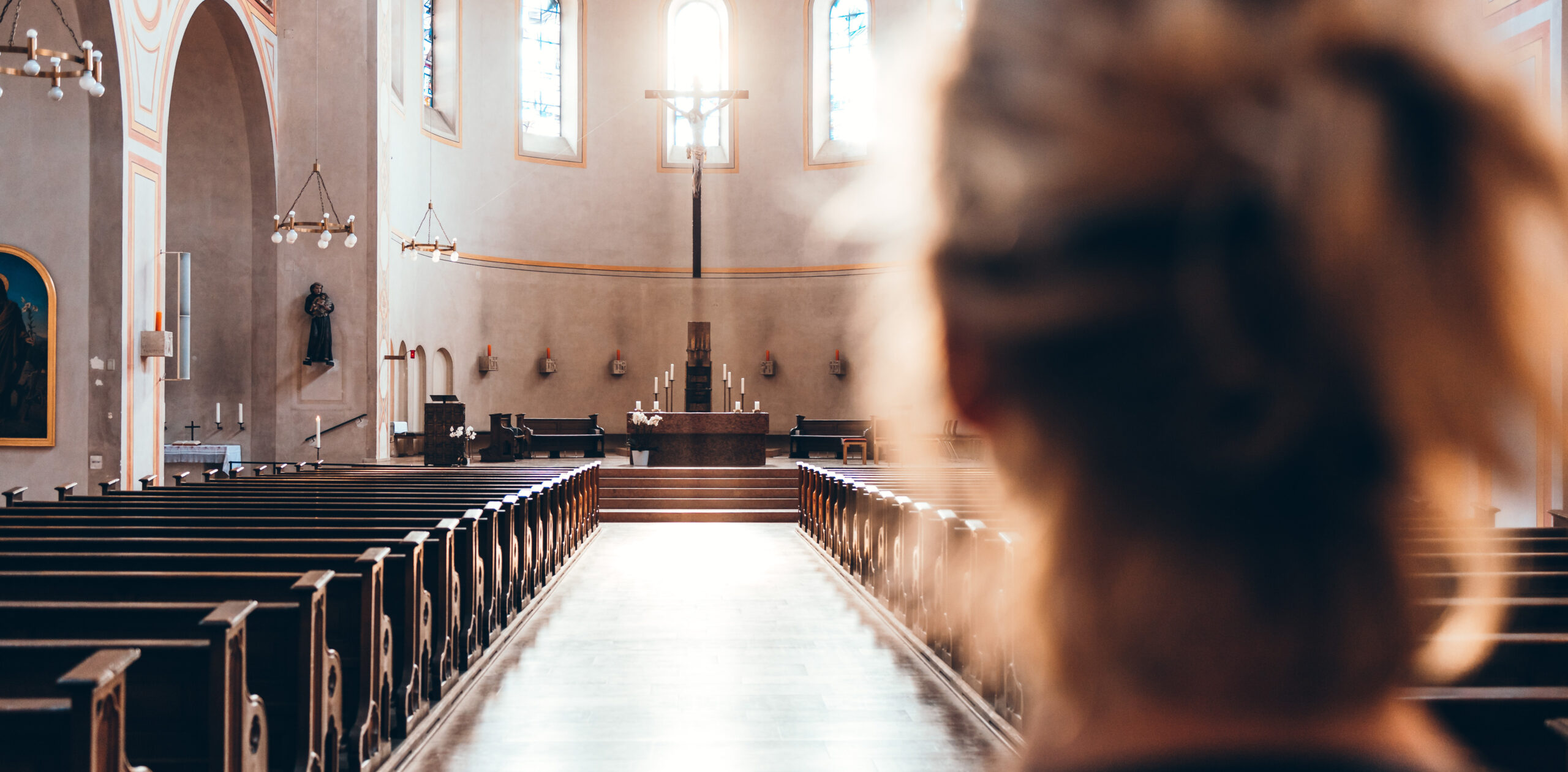I’m in a flock of scattered sheep. This virus has separated and isolated us from normality. I keep hearing “This is the new normal.” Our lives are upended. I find myself missing that which used to be an obligation, things like rising at 5:30 am to go to work. Despite loving my job, I found myself desiring one more day in the weekend, more day at home. Now, yawning before me is a string of weeks at home and I’m having flashbacks to my year of unemployment when I couldn’t see past the big question mark of my future.
We were told it would be three weeks of social distancing. Then we hear it could be eight weeks. Then the headline that nearly caused heart palpitations: the one suggesting eighteen months of the pandemic. It’s clear we collectively do not know. And I think that uncertainty is causing more anxiety than fear of illness.
We’ve been told that the likelihood of getting COVID-19 is high. Many of us may already have it and not know. The people I talk to aren’t afraid of getting sick so much as they are concerned about what comes next. Is this the beginning of the end? I suspect not. Will this go away only to return with a roar? Hard to say. Will it ever be normal again? I so badly hope so.
God Will Be with You
I liked my normal. It was a good normal. But now uncertainty is king and worry is his queen. When I look out the front window, everything looks the same. Then I turn around and remember it is Thursday and I am at home and my kids are at home and that’s not normal. During the Great Wait of unemployment, I found great comfort in daily Mass and Adoration. It got me out of my house and out of my head. Now, the churches are closed, the flock is scattered, and it feels like the shepherd is far away. Humans are social creatures. We do not thrive in isolation, yet paradoxically, in order to thrive, we must now keep our distance. It’s not ideal.
So it’s March in Wisconsin, one of the worst weather times of the year. It’s cold, damp, and foggy and my inclination is to complain and nap. Neither of those things is a good idea. I was reminded by my co-workers during our Zoom meeting that we are in the desert. It is Lent and the desert is real. These feelings of loneliness, frustration, uncertainty, and maybe even anger are real too and legitimate and OK. This is the battle we trained for. This is when those deep roots we’ve been fostering will take hold. Our tree is being battered in the storm but we will stay anchored. We must stay anchored.
We are in the desert but we are not alone. We remember what God told us through Isaiah.
When you pass through the waters I will be with you;
and through the rivers, they shall not overwhelm you;
when you walk through fire you shall not be burned,
and the flame shall not consume you.
Isaiah 43:2
Don’t Give in to Worry
We can count on those words. Our God doesn’t lie. He promised to be here and he is. This time we are in right now stinks. Some of us will be inconvenienced but some will lose their jobs and livelihoods. Some will lose their lives or loved ones. These are the realities we are facing. There is much unknown. This is new for everyone.
So we seek comfort and security and remember that he holds us in his hand. What better time for abandonment than this? A time full of question marks with no answers. A time of desert. This is when we lean heavily, with all our weight, on the chest of our Lord; when we cry or yell or whisper and we trust he hears, when we can’t control or plan, so we let it be up to him which is what he desires of us anyway.
Fr. Jean C.J. D’Elbee, in his beautiful book I Believe in Love: a Personal Retreat Based on the Teaching of St. Thérèse of Lisieux, reminds us not to worry, but rather than preaching a platitude of keep calm and don’t worry, he acknowledges the difficulty of such a task. He recognizes it is in our nature to worry and so he advises us to not voluntarily worry.
“When someone asked little Therese to summarize her little childlike way, she answered, ‘It is to be disturbed by nothing.’ I confess that these words say a great deal!
Naturally, this means not to be voluntarily disturbed, not consciously or deliberately disturbed, because nature always worries. We worry about everything: the threat of war, political corruption, social relations, family difficulties, children to raise, health, the next day’s bread, the future of our loved ones, and so on … How can we not ask at every turn, ‘What is going to happen? How will this turn out?’ The main thing is not to consent consciously to anxiety or a troubled mind.”
(emphasis added) p 91-92
Let Jesus Guide Us
These are prescient, comforting words written by a French priest fifty years ago. This releases me from the pressure of “should.” I should not worry, yet I do. I failed. Fr. D’Elbee’s perspective means my nature as a human causes me to worry but I can voluntarily reject that. I can deny myself permission to worry. Each time the worry creeps in, I can push it aside. And I can do this over and over and that is OK. It doesn’t mean I failed and I am worrying. It means I am human but I am not succumbing. Jesus isn’t counting all the times the worry worms in. He is counting all the times I kick it out and turn to him. There are so many opportunities to turn to him and rely on him, embracing my littleness. I can turn to St. Thérèse and ask for her intercession and I can recite a little prayer Fr. D’Elbee gives us that is perfect for these times.
“I promise you, Jesus, to worry about nothing consciously, voluntarily, deliberately. As soon as I notice myself worrying, I shall listen to Your gentle voice saying to me, ‘Let me do it. Am I not here with you, in you?’ and I shall say unconditionally ‘O Jesus, I thank You for everything,’ for You always expect that of me.”
p. 97-98
Now, armed with the knowledge of Christ’s continual presence, I can dispel the worry as often as needed, lean on Jesus who has it all under control, and remember some final words from Fr. D’Elbee:
“The oarsmen turn their backs to the goal while rowing; the pilot sees. He is the one who steers the boat. Let us row with all our strength and let Jesus guide us into port.”
p. 106
You May Also Like:
10 Bible Verses on Fear [Jeff Cavins Show podcast]
This Is the Way Back to God [Fr. Mark Toups’ Fifth Sunday of Lent reflection]
God’s Ways Are Not Our Ways [Fr. Mike Schmitz video]

Merridith Frediani’s perfect day includes prayer, writing, unrushed morning coffee, reading, tending to dahlias, and playing Sheepshead with her husband and three teenagers. She loves leading small faith groups for moms and looking for God in the silly and ordinary. She blogs and writes for her local Catholic Herald in Milwaukee.
Featured photo by Priscilla Du Preez on Unsplash






0 Comments